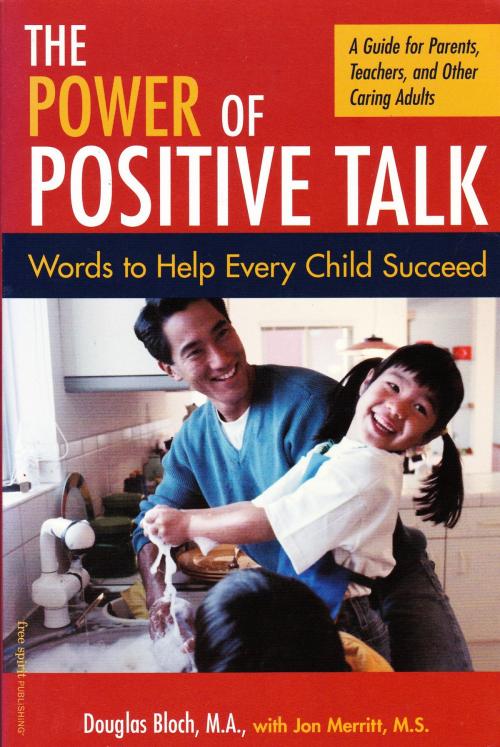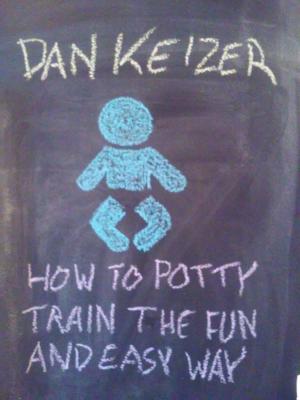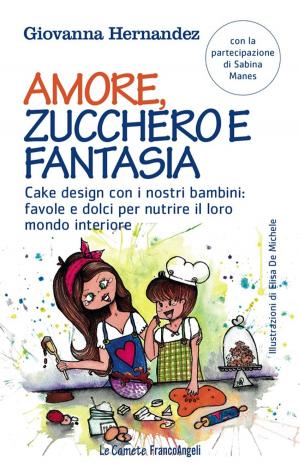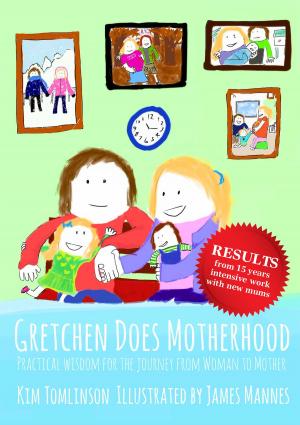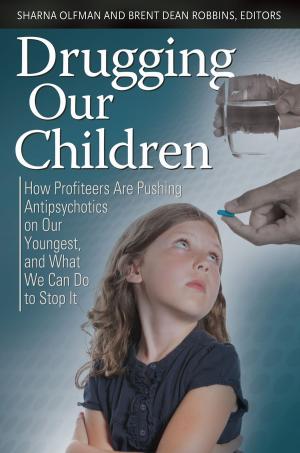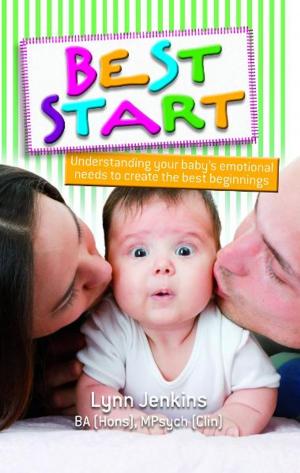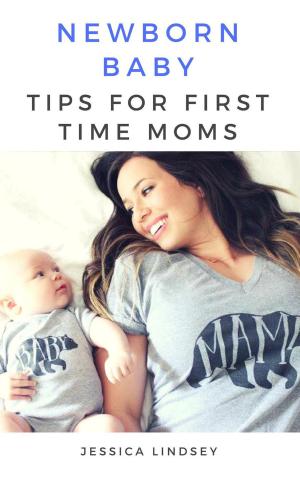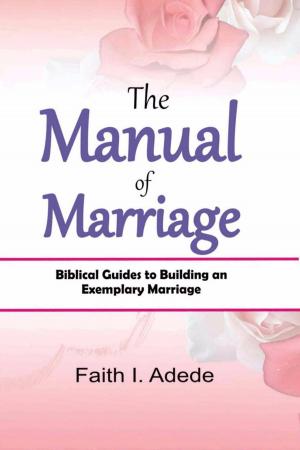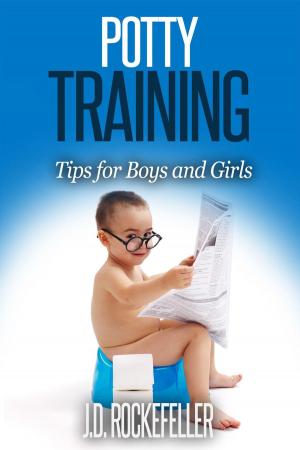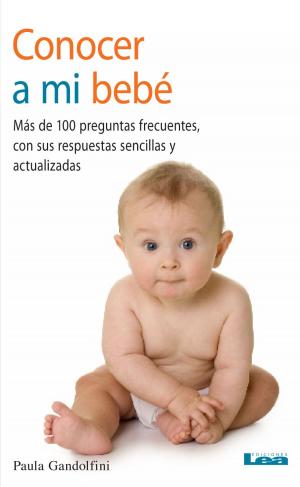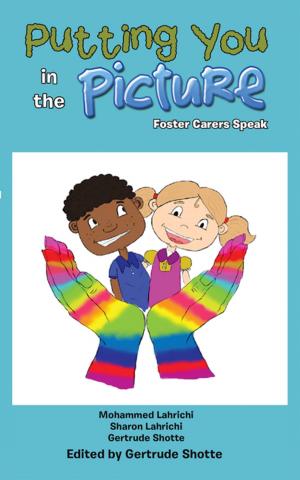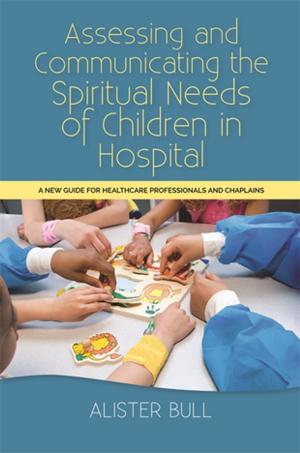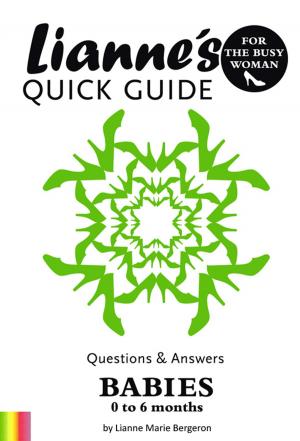The Power of Positive Talk
Words to Help Every Child Succeed
Nonfiction, Family & Relationships, Parenting, Child Care| Author: | Douglas Bloch | ISBN: | 9780929671079 |
| Publisher: | Pallas Communications | Publication: | August 8, 2013 |
| Imprint: | Language: | English |
| Author: | Douglas Bloch |
| ISBN: | 9780929671079 |
| Publisher: | Pallas Communications |
| Publication: | August 8, 2013 |
| Imprint: | |
| Language: | English |
This is the revised and updated edition of the beloved classic "Positive Self-Talk for Children" which was first published by Bantam Books in 1993. The Power of Positive Talk is a book that teaches children self-esteem through the affirmation process. It is a guide that can be used by parents, teachers and counselors to instruct children how to speak kindly and lovingly to themselves. The Power of Positive Talk makes affirmations easy to teach, understand, and use. Kids learn affirmations for many situations and challenges such as school and academics, athletics, facing fears, feeling angry, getting teased, feeling depressed, and more. In addition, the book contains special sections of affirmations for a child’s specific developmental stage (infancy through adolescence) and for children with special needs (such as a child with a physical, emotional or learning disability). What others are saying about this book... “This is a worthwhile book for many families who can use these very practical techniques in helping to raise children with positive self-esteem. Bloch's book is equally helpful for teachers and others who spend their days working with children and want to encourage healthy development.”
-Alvin F. Poussaint, M.D. Professor of Psychiatry, Harvard Medical School “Here is a great opportunity to help children think like winners.”
-Jim Fay, author of "Parenting with Love and Logic" “The authors send a clear message - words can wound or words can promote self-esteem and well being.”
-Thomas Gordon, author of "PET: Parent Effectiveness Training" Table of Contents Acknowledgments Introduction How to Use This Book Affirmation Subject Index PART ONE: THE POWER OF THE SPOKEN WORD 1. Sticks and Stones Will Break My Bones, But Words Will Wound Me Forever
2. Affirmations: The Power of Positive Speaking
3. Introducing Positive Self-Talk to Children
4. Positive Self-Talk For the Adult Caregiver
PART TWO: POSITIVE SELF-TALK FOR
SELF-ESTEEM AND EMOTIONAL WELL BEING 5. General Affirmations For Self-Esteem
6. Positive Self-Talk for Health, Body Image and Athletic Performance
7. Positive Self-Talk for Learning and Academics
8. What to Say When You Are Scared: Positive Self-Talk for Childhood Fears
9. What to Say When You Are Sad: Positive Self-Talk for Loss and Divorce
10. What to Say When You Are Mad: Positive Self-Talk for Anger Management
11. What to Say When You Are Teased: Positive Self-Talk for
Responding to Put Downs PART THREE : AFFIRMATIONS FOR
SPECIFIC DEVELOPMENTAL STAGES 12. Prenatal Affirmations
13. Affirming the Infant (0-9 months)
14. Affirming the Toddler (age 9 months-2 1/2 years)
15. Affirming the Preschooler (age 2 1/2-6 years)
16. Affirming the School-Age Child (age 6-Puberty)
17. Affirming the Adolescent PART FOUR: POSITIVE SELF-TALK FOR
CHILDREN WITH SPECIAL NEEDS 18. Positive Self-Talk for the Child With a Physical, Emotional, or Learning Disability
19. Positive Self-Talk for the Child From a Chemically Dependent Family
20. Positive Self-Talk for the Abused Child
21. Positive Self-Talk for the At-Risk and Acting Out Child
22. Positive Self-Talk for the Adopted and Foster Child Epilogue Bibliography Additional Resources
This is the revised and updated edition of the beloved classic "Positive Self-Talk for Children" which was first published by Bantam Books in 1993. The Power of Positive Talk is a book that teaches children self-esteem through the affirmation process. It is a guide that can be used by parents, teachers and counselors to instruct children how to speak kindly and lovingly to themselves. The Power of Positive Talk makes affirmations easy to teach, understand, and use. Kids learn affirmations for many situations and challenges such as school and academics, athletics, facing fears, feeling angry, getting teased, feeling depressed, and more. In addition, the book contains special sections of affirmations for a child’s specific developmental stage (infancy through adolescence) and for children with special needs (such as a child with a physical, emotional or learning disability). What others are saying about this book... “This is a worthwhile book for many families who can use these very practical techniques in helping to raise children with positive self-esteem. Bloch's book is equally helpful for teachers and others who spend their days working with children and want to encourage healthy development.”
-Alvin F. Poussaint, M.D. Professor of Psychiatry, Harvard Medical School “Here is a great opportunity to help children think like winners.”
-Jim Fay, author of "Parenting with Love and Logic" “The authors send a clear message - words can wound or words can promote self-esteem and well being.”
-Thomas Gordon, author of "PET: Parent Effectiveness Training" Table of Contents Acknowledgments Introduction How to Use This Book Affirmation Subject Index PART ONE: THE POWER OF THE SPOKEN WORD 1. Sticks and Stones Will Break My Bones, But Words Will Wound Me Forever
2. Affirmations: The Power of Positive Speaking
3. Introducing Positive Self-Talk to Children
4. Positive Self-Talk For the Adult Caregiver
PART TWO: POSITIVE SELF-TALK FOR
SELF-ESTEEM AND EMOTIONAL WELL BEING 5. General Affirmations For Self-Esteem
6. Positive Self-Talk for Health, Body Image and Athletic Performance
7. Positive Self-Talk for Learning and Academics
8. What to Say When You Are Scared: Positive Self-Talk for Childhood Fears
9. What to Say When You Are Sad: Positive Self-Talk for Loss and Divorce
10. What to Say When You Are Mad: Positive Self-Talk for Anger Management
11. What to Say When You Are Teased: Positive Self-Talk for
Responding to Put Downs PART THREE : AFFIRMATIONS FOR
SPECIFIC DEVELOPMENTAL STAGES 12. Prenatal Affirmations
13. Affirming the Infant (0-9 months)
14. Affirming the Toddler (age 9 months-2 1/2 years)
15. Affirming the Preschooler (age 2 1/2-6 years)
16. Affirming the School-Age Child (age 6-Puberty)
17. Affirming the Adolescent PART FOUR: POSITIVE SELF-TALK FOR
CHILDREN WITH SPECIAL NEEDS 18. Positive Self-Talk for the Child With a Physical, Emotional, or Learning Disability
19. Positive Self-Talk for the Child From a Chemically Dependent Family
20. Positive Self-Talk for the Abused Child
21. Positive Self-Talk for the At-Risk and Acting Out Child
22. Positive Self-Talk for the Adopted and Foster Child Epilogue Bibliography Additional Resources
